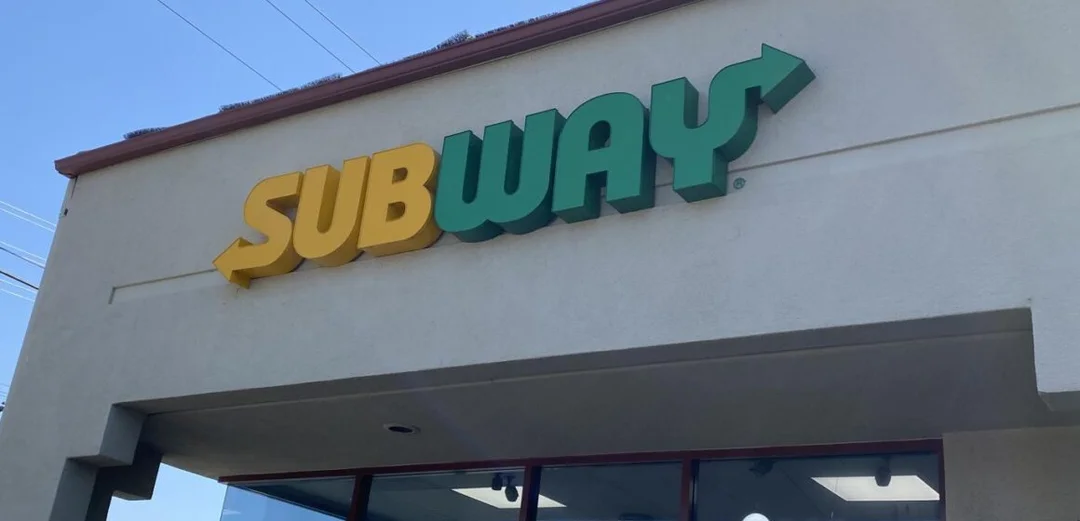
Hidden Fears in the Fast-Food Industry: Are Workers’ Rights Truly Protected?
In California's bustling fast-food sector, a growing wave of immigrant workers is facing silent battles against workplace abuses, largely due to fears tied to their immigration status. A recent report highlights how these workers, often unaware of their legal protections, are hesitant to speak out, raising critical questions about labor rights in one of America's economic powerhouses.
The findings stem from a comprehensive survey by the California Fast Food Workers Union and the Coalition for Humane Immigrant Rights, which polled over 400 workers across more than 200 locations. Shockingly, 82% of respondents indicated that concerns about their immigration status deter them from filing complaints, while 63% were unaware they could pursue claims regardless of legal documentation. This lack of awareness has led to widespread issues, including wage theft, harassment, and intimidation. Yunuen Trujillo, director of worker rights at the Coalition, emphasized the vulnerability of foreign-born employees, stating, "Foreign-born workers are less likely to be familiar with the system, and undocumented ones often don't realize that employment laws protect them."
These fears are compounded by broader societal tensions, such as anti-immigrant rhetoric from political figures, which employers exploit to silence workers. Trujillo noted in interviews that threats of contacting U.S. Immigration and Customs Enforcement (ICE) are common, violating California labor laws and creating an environment of fear. One worker, Armando from San Jose, shared his experience anonymously: "I faced wage theft and sexual harassment, and they made me feel like I had no rights. But after attending 'know your rights' trainings, I realized what was happening was wrong and filed a complaint." His story underscores how education can empower workers to challenge abuses.

In response, fast-food workers rallied at Los Angeles City Hall, joining forces with union officials and City Councilman Hugo Soto-Martinez to demand expanded protections. The event highlighted key survey results, including that 67% of workers worry about immigration status affecting their pay, and 94% are unaware of available benefits. Soto-Martinez is pushing to extend the Fast Food Fair Work Week Ordinance, which could mandate six-hour "know your rights" trainings and cover over 50,000 employees at major chains. This push builds on last year's Assembly Bill 1228, which raised the minimum wage to $20 an hour, yet advocates argue more is needed to address enforcement gaps.
Comparing these developments, the report's recommendations for mandatory, independent trainings offer a promising path forward, potentially reducing exploitation in an industry known for low wages and high turnover. However, opposition from restaurant owners warns of potential business closures, highlighting the delicate balance between worker protections and economic viability. Amid rising calls for reform, these efforts reflect a broader national conversation on immigrant labor rights and workplace equity.
Ultimately, this issue spotlights the human cost of unchecked abuses in California's economy. As workers continue to advocate for change, the question remains: Will policymakers step up to ensure that all employees, regardless of status, can work without fear? We invite readers to share their thoughts in the comments below and help spread awareness by discussing these challenges with others.